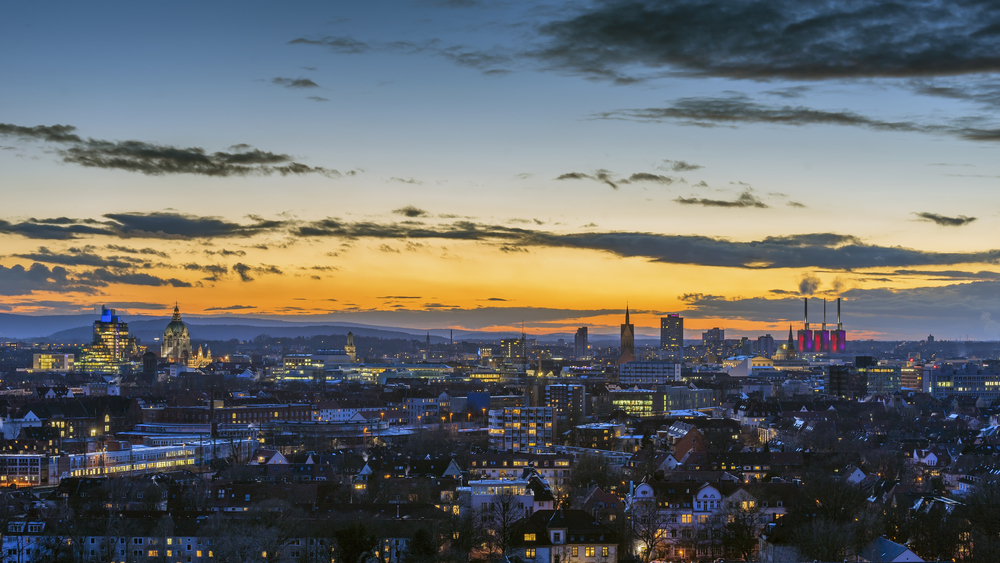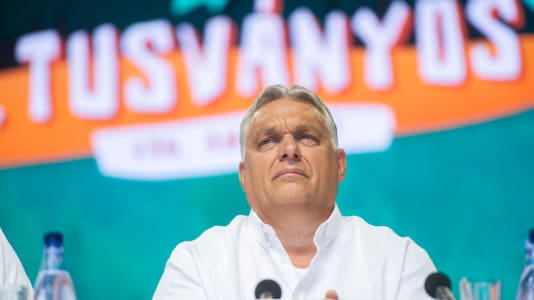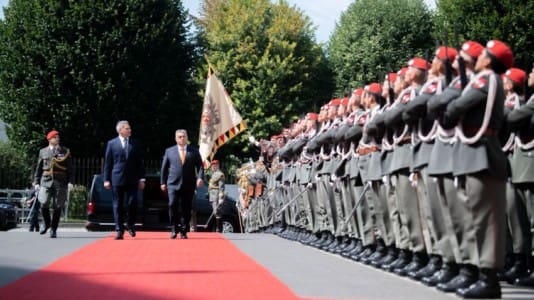The German city of Hanover has turned off the heating and hot water in all of its public buildings due to the gas shortage in the country, which remains heavily-reliant on Russian energy supplies.
Visitors to all public buildings including libraries and museums will have no hot water to wash their hands, and those frequenting swimming pools and other leisure facilities must resort to cold showers.
The city has also announced it is reining in its energy usage by switching off night-time lighting on major buildings including its town hall and turning off public fountains.
Residents have been informed that all forms of portable devices such as heaters, radiators, and air conditioning units are banned from public buildings. Public buildings will not be permitted to use any heating devices until September, when room temperatures will be restricted to a maximum of 20°c.
The city’s mayor, Belit Onay, has revealed the aim of the measures is to reduce the city’s energy consumption by 15 percent amid an “imminent gas shortage,” in line with the EU-wide agreement reached by EU27 energy ministers on Wednesday with the exception of Hungary.
Hungarian Foreign Minister Péter Szijjártó said following the meeting in Brussels that the move, which he said some of his counterparts privately disagreed with, will infringe on national sovereignty, harm industry, and reduce competitiveness.
Germany in particular, a country that is heavily reliant on Russian gas, will be hit hard by Russian state-owned Gazprom cutting its gas supply through the Nord Stream 1 pipeline to a fifth of its normal level this week, citing maintenance. Germany and EU officials have accused Russia of blackmailing Europe by responding in kind to the EU energy sanctions imposed on Russia following its invasion of Ukraine on Feb. 24.
This site has previously reported Germany’s lack of preparation for such an event by revealing that a third of the country’s gas storage tanks are empty, far below the federal government’s target of being 90 percent full by Nov. 1.
The imminent gas shortage in Europe’s powerhouse has caused some German politicians to call for a redistribution of gas from other EU member states that have implemented adequate contingency measures and have sufficient levels of gas stored to see themselves through the year, such as Poland, Czechia, and Hungary.
To add insult to injury, Germany’s Economy Minister Robert Habeck announced on Thursday that German consumers could pay far greater surcharges on energy usage than previously expected to ensure energy companies remain solvent during what is anticipated to be a turbulent winter.
“We can’t say yet how much gas will cost in November, but the bitter news is it’s definitely a few hundred euros per household,” Habeck said, with local media suggesting consumers may need to find an additional €500 a year.





